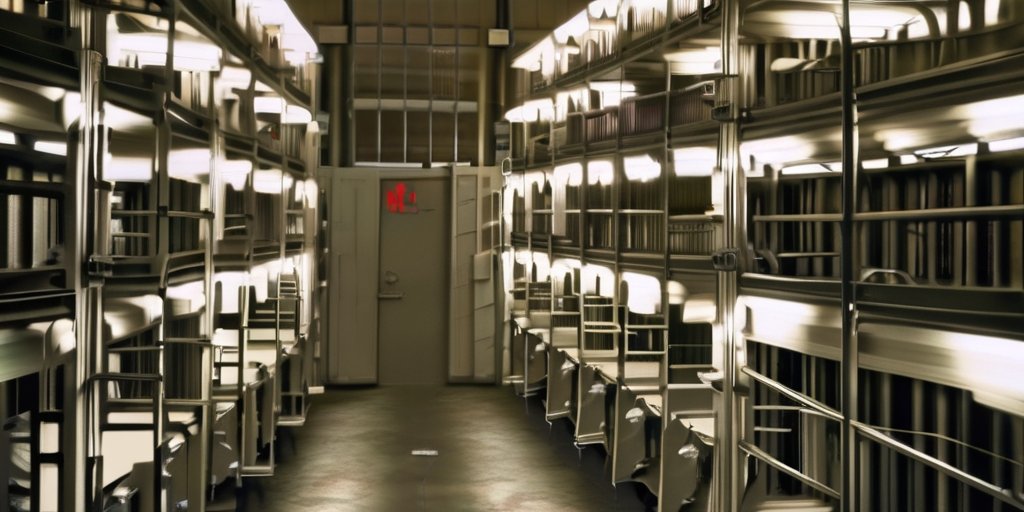In a shocking legal development, Kilmar Ábrego García has come forward with allegations of severe torture and abuse during his detention in El Salvador’s notorious Terrorism Confinement Centre (Cecot). The context of these claims stems from the Trump administration’s controversial deportation policies, particularly regarding individuals like Mr. Ábrego García, who face serious threats upon return to their home countries. Initially reported as a gang member of MS-13—an assertion strongly denied by his legal team—Ábrego García was extradited to Tennessee in June to face human trafficking charges.
The legal proceedings reveal that upon his arrival at Cecot prison, Mr. Ábrego García and other detainees were subjected to brutal treatment by guards. According to court documents, within just a day, he incurred visible injuries due to alleged assaults. The conditions described in the lawsuit are harrowing: detainees were squeezed into overcrowded cells with metal bunks, no mattresses, and permanent bright lights, deprived of basic sanitation and dignity.
Harrowingly, the lawsuit claims that prisoners were forced to kneel for hours, leading to extreme physical exhaustion, with guards reportedly striking those who sagged in fatigue. Mr. Ábrego García’s situation was exacerbated by threats from guards, who indicated he could be placed with gang members, jeopardizing his safety further.
During his initial years in the US, Mr. Ábrego García was granted protection from deportation due to the potential dangers he faced from gang violence if returned to El Salvador. However, the Trump administration later reversed its stance, leading to his deportation in March 2025—a move that officials later admitted was a mistake.
Following the revelations of abuse in prison, the case has attracted significant media attention and human rights discussions, particularly given President Nayib Bukele’s assertions that his country’s prisons are free from mistreatment and unsanitary conditions. Bukele previously expressed support for Trump’s hardline immigration policies during a visit to the White House, aligning himself with the administration’s views on immigration enforcement.
The Trump administration is now seeking to dismiss the legal suit initiated by Mr. Ábrego García’s wife, contending that the accusations do not hold as the events have shifted following his extradition back to the US. However, Mr. Ábrego García has maintained his innocence regarding the human trafficking charges, which his defense team has labeled as “preposterous.”
As Mr. Ábrego García awaits further legal determinations to secure his release, concerns linger about the broader implications of immigration policy and its enforcement practices on human rights. The legal outcome of this case could send ripples through the ongoing discussions regarding the United States’ treatment of deportees and their safety upon return.
